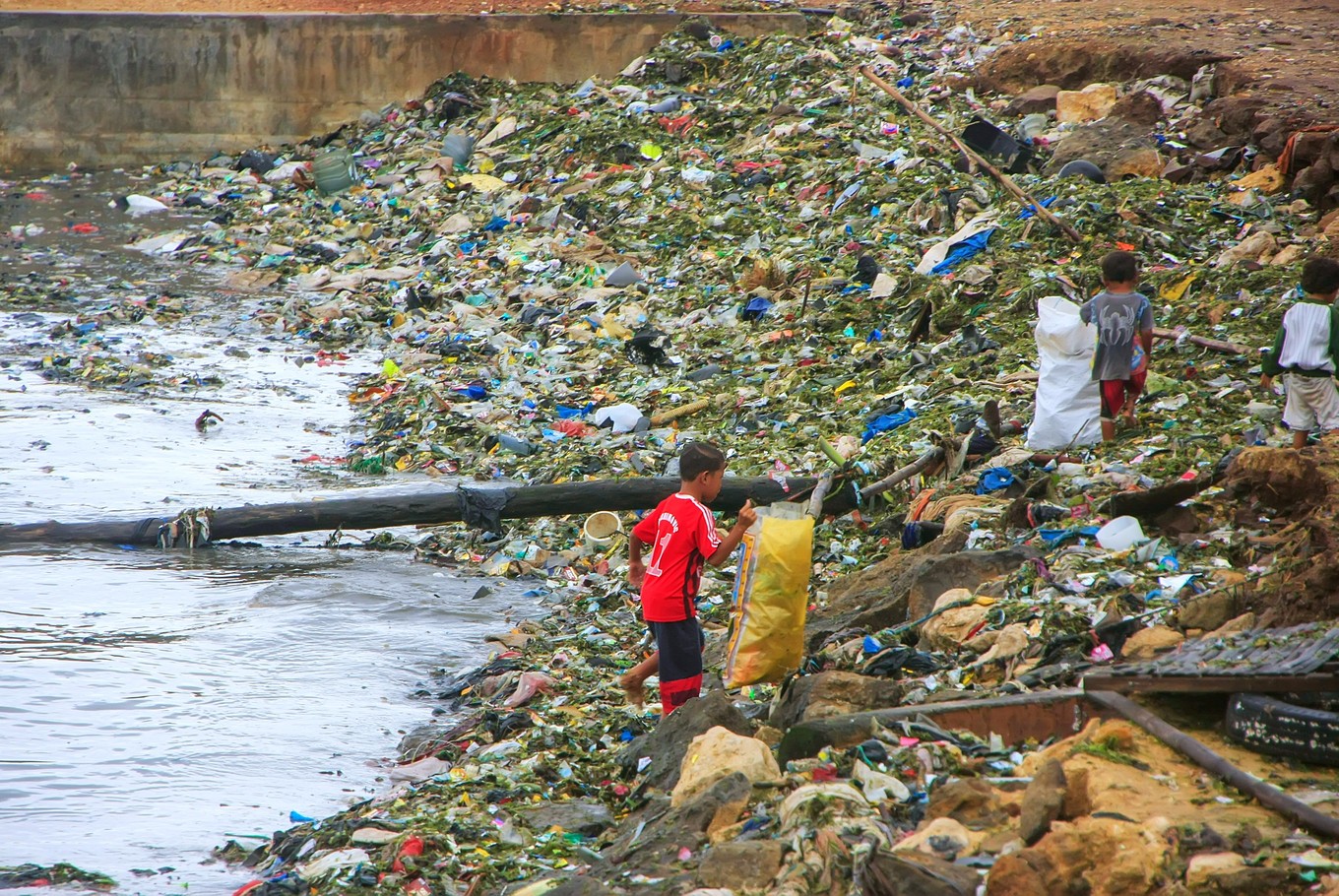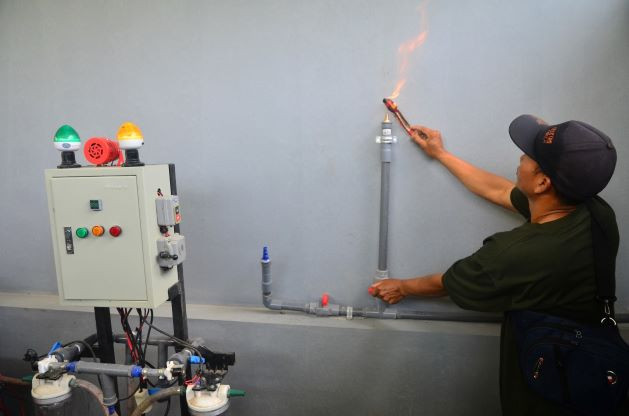Popular Reads
Top Results
Can't find what you're looking for?
View all search resultsPopular Reads
Top Results
Can't find what you're looking for?
View all search resultsEDITORIAL: Diabolical plastic
Indonesia is the largest archipelagic nation in the world, it turns out Indonesia is also the largest contributor of marine debris after China.
Change text size
Gift Premium Articles
to Anyone
I
ndonesia was chosen to co-chair the United Nations Ocean Conference under way in New York for the right reason. It is the largest archipelagic nation in the world, with its waters measuring about four times the size of its land, making it a country with among the largest amounts of maritime resources.
The vast ownership comes with the responsibility of preventing the ocean’s degradation. However, it turns out Indonesia is the largest contributor of marine debris after China, flushing about one-fifth of a total of 8 million tons of plastic to the oceans every year.
A study led by Jenna R. Jambeck of the University of Georgia estimated that Indonesia produced 3.2 million tons of untreated plastic waste a year, about 1.3 million of which was released into the oceans.
United States-based NGO Trash Free Seas Alliance (TFSA) revealed that micro plastics had been found in 28 percent of the fish in Indonesia’s markets.
The large amount of plastics that have gone into the sea is evidence of a waste crisis in the country. Cities and regencies have been involved in disputes over the dump sites of daily waste, as about 69 percent of daily waste goes to landfills.
There is no clear system set by the government on the treatment of waste beyond the landfills. The Environment and Forestry Ministry once illustrated that a dumpsite of a municipality could only process 30 percent of its daily waste. Recycling makes up an average 7.5 percent of waste management in metropolitan cities, but the figure dips to 1.9 percent across Indonesia.
It is not hard to imagine where the rest of the untreated waste eventually ends up.
The central and regional governments have tried to push forward with several policies to control the use of plastic, including by charging for plastic bags. Twenty -three major cities participated in a trial run of the plastic bag charge policy last year, but over time, one by one the regions pulled out, arguing poor monitoring and public resistance. The government decided to leave the plastic bag policy to the discretion of each local administration.
However, even if the plastic bag policy succeeds, it is not likely to resolve the chronic pollution in the country’s waters, since plastics can also be found in food and drink packaging. Volunteers who clean beaches in the country, especially famous tourist destinations such as Bali and Bangka, find tons of plastic in various forms that has been dumped.
The country needs a better waste management system and should allocate funds and resources to prevent more waste from being released into the country’s waters. The effort is as paramount as its fight against foreign poachers besetting the country’s maritime territory.
Without determined efforts to solve the plastic problem, the huge mass of plastic will contaminate the fish population and maritime biodiversity.









